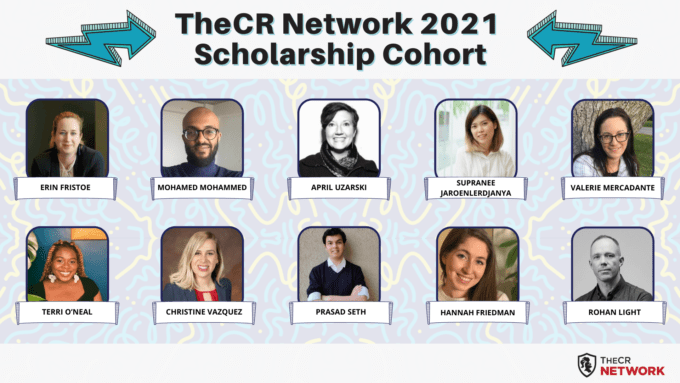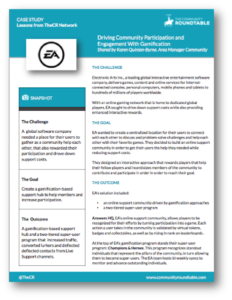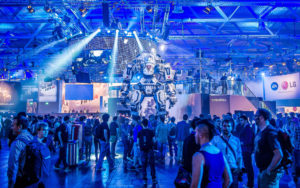As part of our continuing efforts to increase the impact of our community resources, we are excited to introduce you to the 2021 Scholarship Cohort. Each month in 2021 we’ll interview a cohort scholar and learn why community is important to them.

Why do you believe in Community/Community Management?
Community is, as Rob Bernshteyn has expressed, the future of business. It represents the ideal of both the efficient and responsible operation of business.
My favorite example of this is the use of community platforms/ forums to figure out how best to deliver value to the user of a product or service.
Community, when taken seriously (and funded as such), can be what separates a transactional relationship from one that continually adds value to users’ lives.
What area of Community do you want to learn most about?
I am interested in learning about the business side of community management.
Are you currently working in Community?
Yes! I work as a Community Manager in charge of the forum communities for publishing brands such as PC Gamer, Tom’s Guide, and Space.com.
Thanks, Mohamed! Watch this space for updates from Mohamed and our other 2021 Scholarship Cohort.


 Incorporating gaming elements into communities not only adds value, but also enhances a member’s experience and gives them an enjoyable moment that would not have otherwise existed. Definitely, a key community must-have for staying ahead of the competition.
Incorporating gaming elements into communities not only adds value, but also enhances a member’s experience and gives them an enjoyable moment that would not have otherwise existed. Definitely, a key community must-have for staying ahead of the competition.
 Relevance:
Relevance: 
